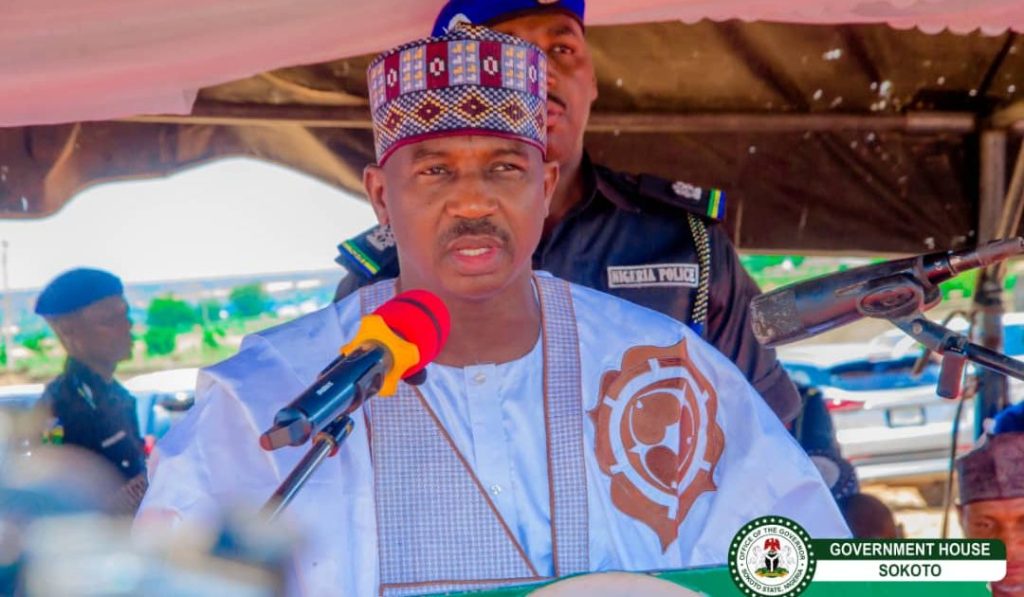The Sokoto State Government, in partnership with the United Nations Children’s Fund (UNICEF) and ELEVA Foundation, has launched a groundbreaking initiative, the “Digital Village,” aimed at empowering Almajiri children and out-of-school adolescent girls with essential digital skills. This innovative program marks a significant step towards bridging the educational gap and fostering digital inclusion within the state, equipping vulnerable youth with the tools to thrive in an increasingly technology-driven world. The center will provide structured learning opportunities three times a week, offering a curriculum tailored to the specific needs of these underserved populations.
The Digital Village represents a comprehensive approach to youth development, combining digital literacy training with vocational skills, numeracy, and livelihood development. By integrating these crucial elements, the program aims to equip participants with a holistic skill set that enhances their employability and empowers them to contribute meaningfully to the economy. This multi-faceted approach acknowledges the importance of not only digital competency but also the foundational skills necessary for personal and professional success. The curriculum also incorporates local languages and foundation literacy, ensuring accessibility and relevance for the target demographic.
Governor Ahmad Aliyu, a driving force behind this initiative, emphasized its significance in addressing educational disparities and promoting digital inclusion. Recognizing the transformative power of technology, Governor Aliyu expressed his administration’s commitment to uplifting vulnerable groups and ensuring inclusive development across the state. This commitment reflects a broader vision of empowering marginalized communities and creating a more equitable society. The governor’s gratitude towards UNICEF and ELEVA Foundation underscored the importance of collaborative partnerships in driving positive social change.
The Sultan of Sokoto, Alhaji Sa’ad Abubakar, expressed strong support for the initiative, lauding the governor’s visionary leadership and development-focused approach. This endorsement from the traditional institution highlights the broad-based support for the Digital Village and its potential to positively impact the community. The Sultan’s alignment with the governor’s “Smart Agenda,” a comprehensive nine-point development plan, further emphasizes the strategic importance of the Digital Village within the broader development framework of the state.
UNICEF Nigeria Representative, Ms Cristian Munduate, described the Digital Village as a structured learning hub designed to improve access to quality learning opportunities. The program leverages technological literacy and youth innovation through structured training sessions, aiming to empower vulnerable youth with the skills necessary for economic independence and social inclusion. Ms. Munduate highlighted the program’s focus on creating a safe space for mentorship and life skills development, emphasizing the holistic nature of the intervention. The initial cohort of 250 children marks the beginning of a broader effort to reach and empower more vulnerable youth in the state.
The inauguration of the Digital Village signifies a collective commitment to empowering marginalized youth and fostering a more inclusive society within Sokoto State. The collaborative efforts of the state government, UNICEF, ELEVA Foundation, and the traditional institution demonstrate the power of partnerships in driving positive social change. The comprehensive curriculum, which integrates digital literacy with essential life skills, aims to equip participants with the tools necessary for economic independence and social inclusion. This initiative serves as a beacon of hope for Almajiri children and out-of-school adolescent girls, offering them a pathway to a brighter future in the digital age. The long-term impact of the Digital Village is anticipated to extend beyond individual empowerment, contributing to the overall socio-economic development of the state.














